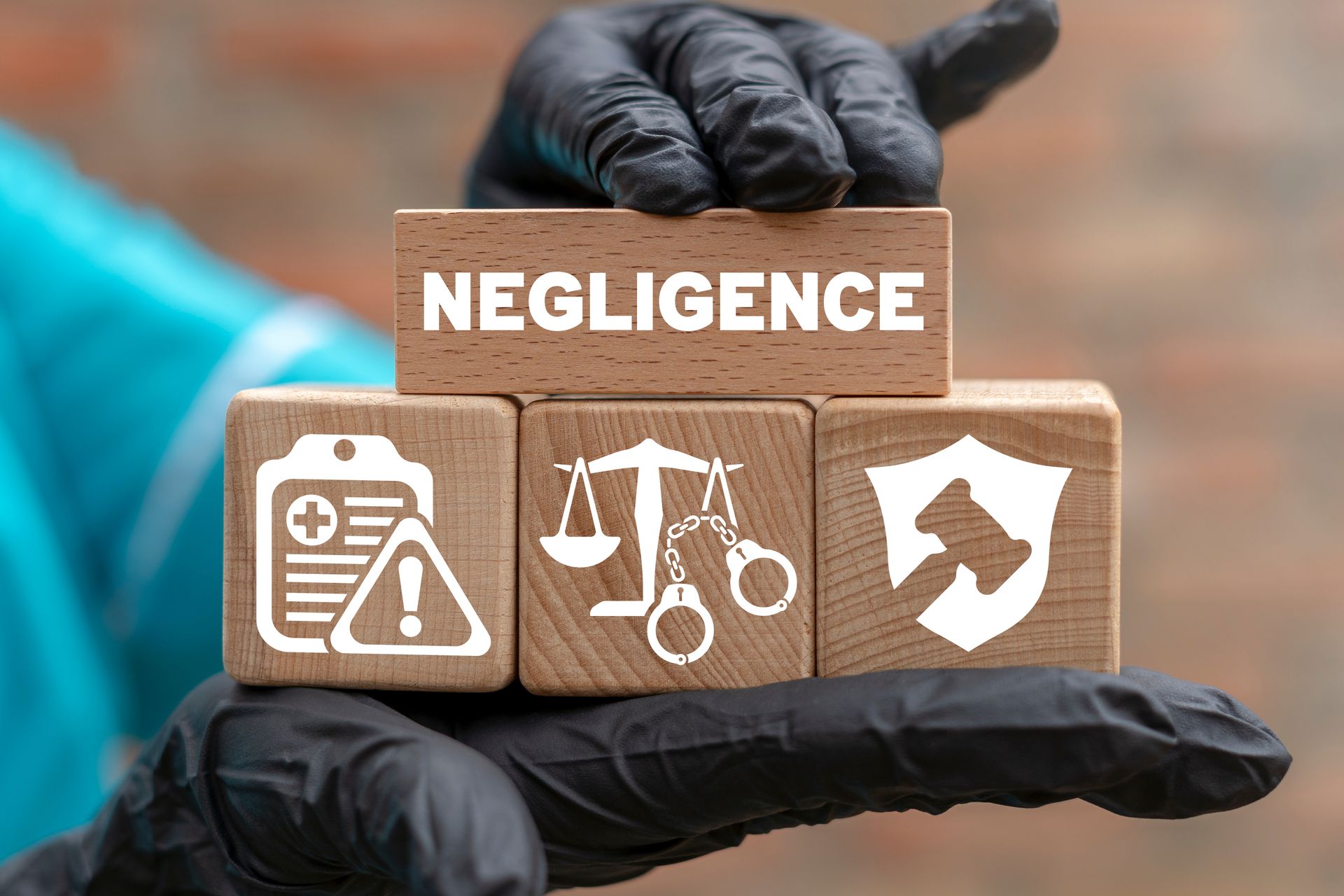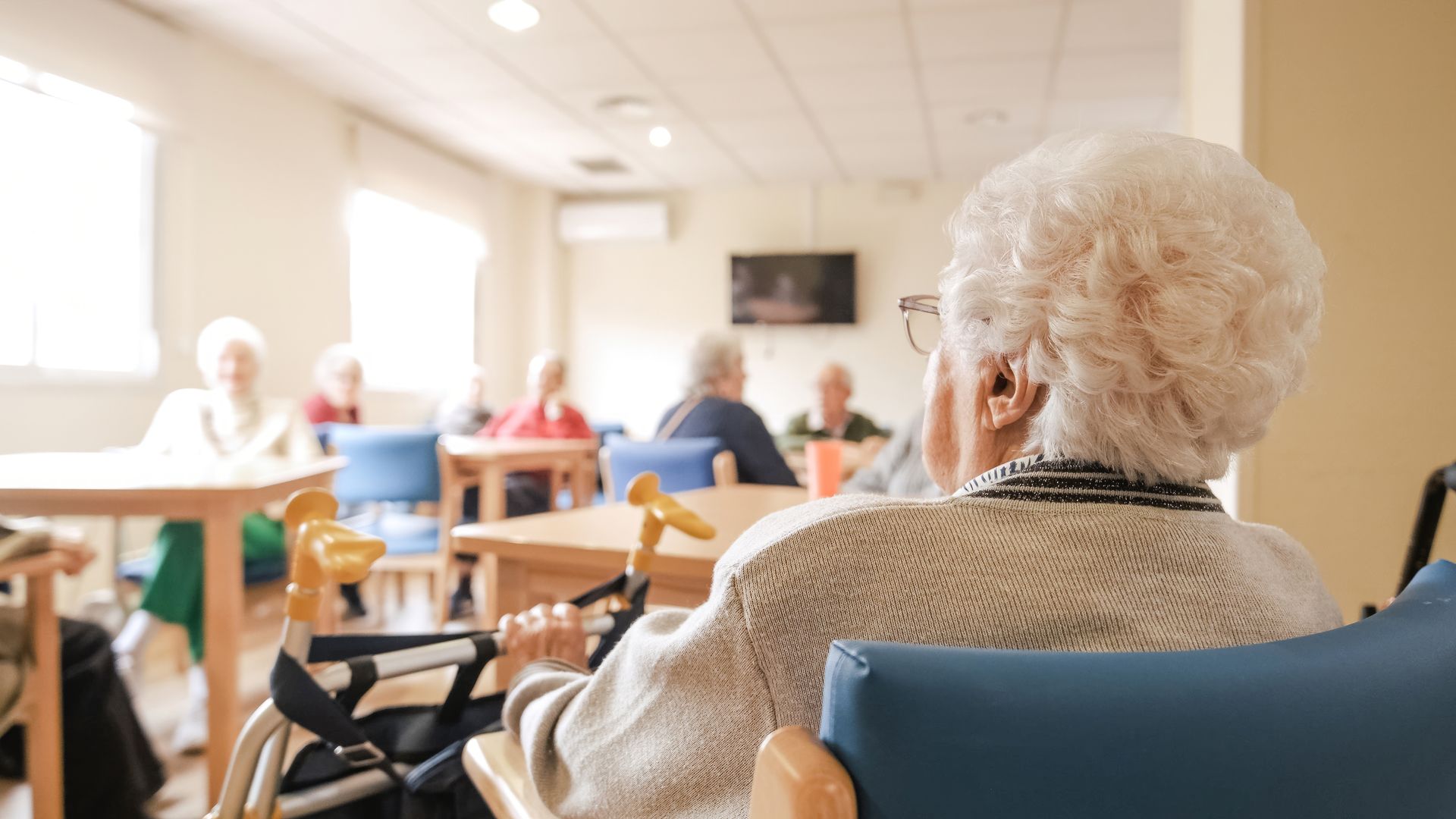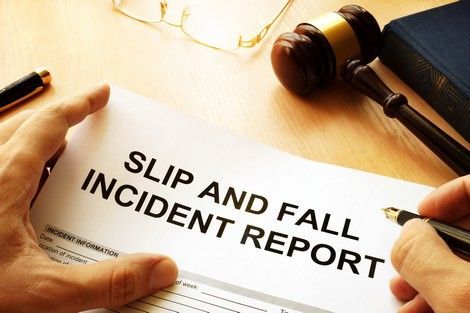Is Your Loved One a Victim of Nursing Home Abuse?
Trusting a nursing home to care for a cherished family member is a significant decision. While many nursing homes provide excellent care, there's an alarming rise in cases of nursing home abuse. For families with loved ones in these facilities, it's crucial to recognize the signs of abuse and take immediate action. This guide aims to empower you with knowledge so you can ensure your loved one's safety and well-being.
Physical Signs of Abuse
Physical abuse in a nursing home setting can manifest in various ways. When visiting, always be on the lookout for:
- Unexplained Injuries: Bruises, cuts, burns, or broken bones that the staff cannot explain or provide a consistent story about might be a result of abuse.
- Medication Errors: Sudden changes in the health or behavior of the resident can indicate that they are being overmedicated or not receiving their prescribed drugs.
- Poor Hygiene: If your loved one is consistently unwashed, dressed in dirty clothes, or living in unsanitary conditions, this may be a sign of neglect.
Any of these are a red flag and should immediately raise your vigilance.
Emotional and Behavioral Indicators
Beyond the physical, abuse can also be emotional or psychological, which can sometimes be harder to detect. Signs include:
- Withdrawal: If a typically social family member becomes withdrawn or avoids certain staff members, it might indicate a problem.
- Mood Swings: Drastic changes in mood or sudden bouts of aggression can be a result of mistreatment.
- Fearful Behavior: If your loved one seems scared to talk in the presence of staff or is hesitant to be alone with certain caregivers, it could be a red flag.
It may be helpful to record your experiences on visits, making note of caregiver names, to keep track of patterns.
Signs of Financial Exploitation
While not directly related to physical harm, financial exploitation is a form of abuse that's becoming more prevalent in nursing homes. Keep an eye out for:
- Missing Items: Personal belongings or cash that disappear from their room can indicate theft.
- Unexplained Financial Transactions: If you notice unfamiliar charges, withdrawals, or changes in their financial documents, someone might be exploiting them financially.
Keep an eye as much as possible on your loved one’s possessions and accounts.
Poor Staff Behavior and Facility Conditions
Sometimes, the behavior of the nursing home staff or the condition of the facility can indicate potential abuse or neglect, such as:
- Overworked Staff: Constant staff turnover or visibly overwhelmed caregivers can lead to unintentional neglect or intentional abuse due to stress and burnout.
- Restricted Visits: If a facility suddenly changes visitation policies or tries to prevent you from seeing your loved one without a valid reason, it might be cause for concern.
Pay attention to the staff and their conditions on your visits, and be vigilant for changes in management.
Taking Action
If you suspect that your loved one is a victim of nursing home abuse, it's essential to act quickly. Document any signs of abuse with photographs, and make detailed notes of anything your loved one tells you. Report your concerns immediately to the management of the facility and consider reaching out to local authorities or a personal injury lawyer specializing in elder abuse.
You'll then want to move your loved one out of their current nursing home and to a safer environment. They do not need to stay in their current facility in order for you to take legal action, and personal safety should come first whenever possible.
It's heartbreaking to think that someone might harm a vulnerable loved one, especially in a place where they're supposed to receive care. Being informed and vigilant can make all the difference, ensuring your family members remain safe, respected, and treated with the dignity they deserve.
Contact Neimark Coffinas & Lapp LLP if you need assistance with a lawsuit. We have the expertise to guide you through the process, help collect the evidence that you need, and to fight on your behalf in and out of the courtroom.



















